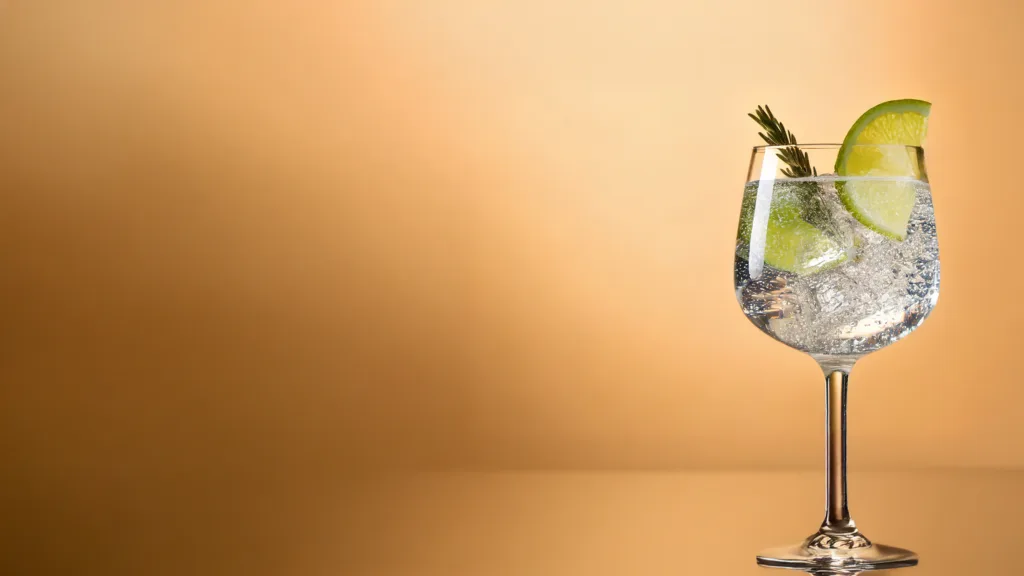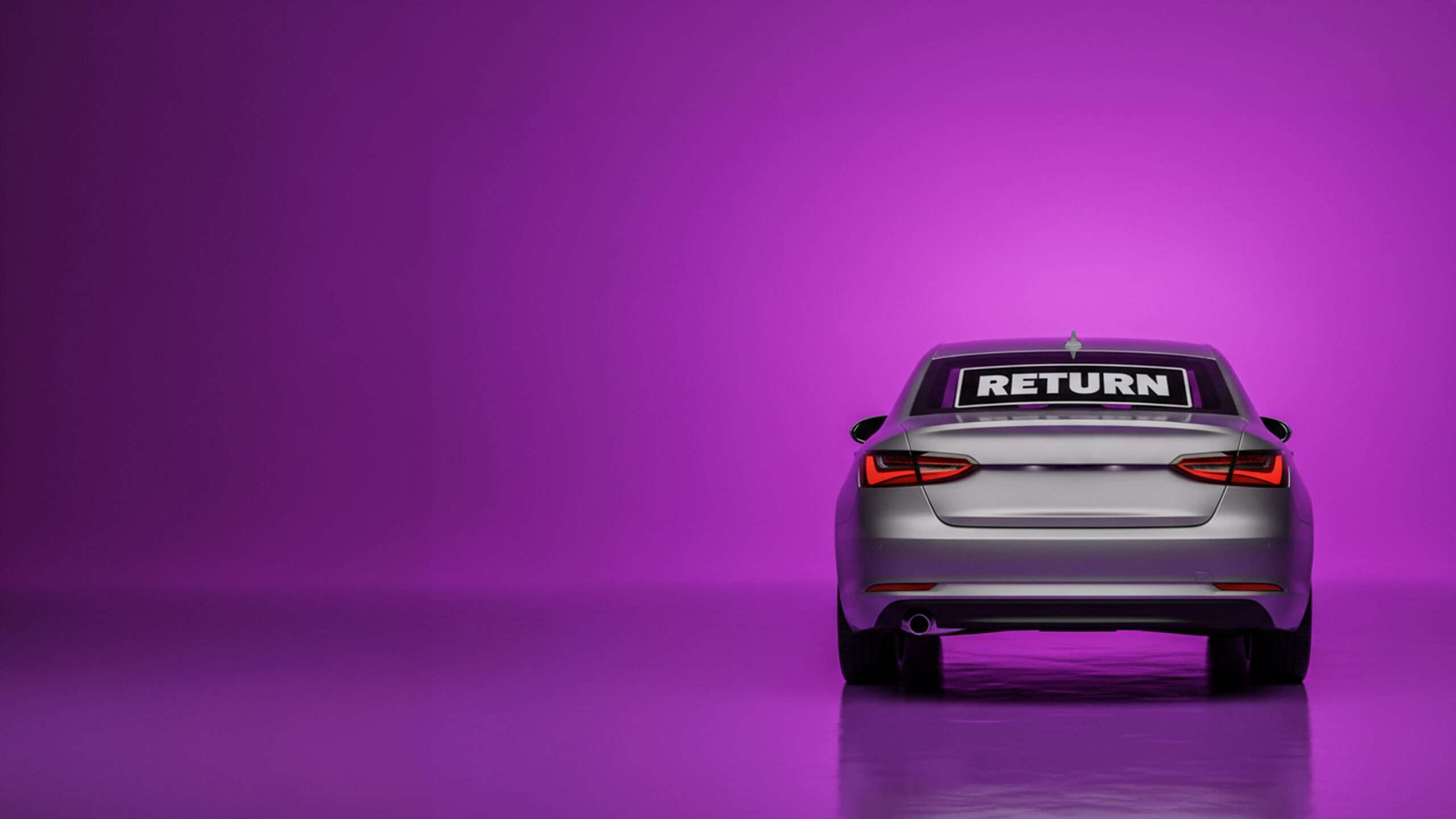
No
non-alcoholic
Gin.
No
non-alcoholic
Gin.
from
Can a completely alcohol-free drink bear the term “gin” in its name? And how far does the protection of traditional spirit names extend in digital commerce?
One drink, one name – and one big problem
More and more companies are turning to non-alcoholic alternatives to classic spirits. Creations with botanicals, juniper notes and modern packaging are filling the shelves. In terms of marketing, it makes sense to linguistically associate these products with well-known categories. But this is precisely where the legal stumbling block lies.
A product with the name “Virgin Gin Alkoholfrei”, marketed by PB Vi Goods GmbH, brought a competition association onto the scene. The accusation: the name infringed strict EU spirits legislation. The Potsdam Regional Court referred the matter to the European Court of Justice – which has now found clear words: “Alcohol-free gin” is contrary to EU law.
The European Spirits Regulation
The European Spirits Regulation 2019/787 defines terms such as whisky, rum or gin not only roughly, but with almost technical precision. The aim is to ensure a high level of consumer protection, a transparent market and the protection of traditional product categories from dilution.
For “gin” the regulation requires:
- Production with ethyl alcohol of agricultural origin
- Flavoring with juniper
- Minimum alcohol content of 37.5 percent
A drink without any alcohol simply does not meet these requirements. And this is precisely why the prohibition of use in the regulation applies: protected spirits designations may not be used for products that do not fall into the respective category – even if the term is combined with additives.
The ECJ rules: “Non-alcoholic gin” remains banned
In its ruling, the ECJ makes it unmistakably clear that a non-alcoholic beverage may not be marketed as “gin”, not even as “non-alcoholic gin”. The combination of a legally protected term with a clarifying addition does not change the prohibition.
The court’s argument is based strictly on the wording of the regulation:
The term “gin” is a protected legal designation. Anyone who uses it without meeting the requirements of the category is in breach of the labelling regulations under EU law – no matter how creatively the addition is worded.
Under EU law, it is clearly prohibited to present and label a drink such as the one in question as “non-alcoholic gin”, as this drink does not contain alcohol. The fact that the legally prescribed designation of “gin” is accompanied by the addition “alcohol-free” is irrelevant in this respect.
At the same time, the ECJ rejects the hope that a loophole could still be found via the provision on “innuendo”. This standard only applies to foodstuffs that are produced using alcohol. A completely alcohol-free product is therefore not covered.
What companies need to know now
For manufacturers, retailers and platforms, the ECJ ruling brings clarity – and at the same time a need for action.
Product names
Designations such as
- “non-alcoholic gin”,
- “Gin Style,
- “Gin alternative”,
- “Gin flavor”
are now highly risky or already clearly illegal. The risk of cease and desist letters from competition associations or competitors increases.
Product descriptions
Of course, a neutral description such as “non-alcoholic drink with juniper aromas” or “botanical drink” remains permissible. The decisive factor is that no impression is created that the product is a spirit drink.
Online trading & product range maintenance
Online stores should check their product databases. It’s not just labels that are risky, but also categories, search filters and SEO texts that work with “gin”. Marketplaces with automated translations or text snippets in particular should exercise caution.
Marketing & Branding
The ruling is forcing trademarks to invest more in independent concepts. Instead of borrowing linguistically from well-known spirits, non-alcoholic products need their own brand identity – especially in the premium segment.
Conclusion
The ECJ sends a clear signal with its decision. “Gin” remains “gin” – and that means: with alcohol, with a traditional production process and with clear legal requirements. The market for non-alcoholic alternatives may continue to grow, but must clearly distinguish itself linguistically.
The Regional Court of Hamburg recently ruled in the same way. The decision creates legal certainty, but at the same time increases regulatory responsibility on the part of manufacturers and retailers. Anyone operating in the non-alcoholic botanicals segment should take the ruling seriously and adapt their product communication accordingly.
We are happy to
advise you about
Competition law!







